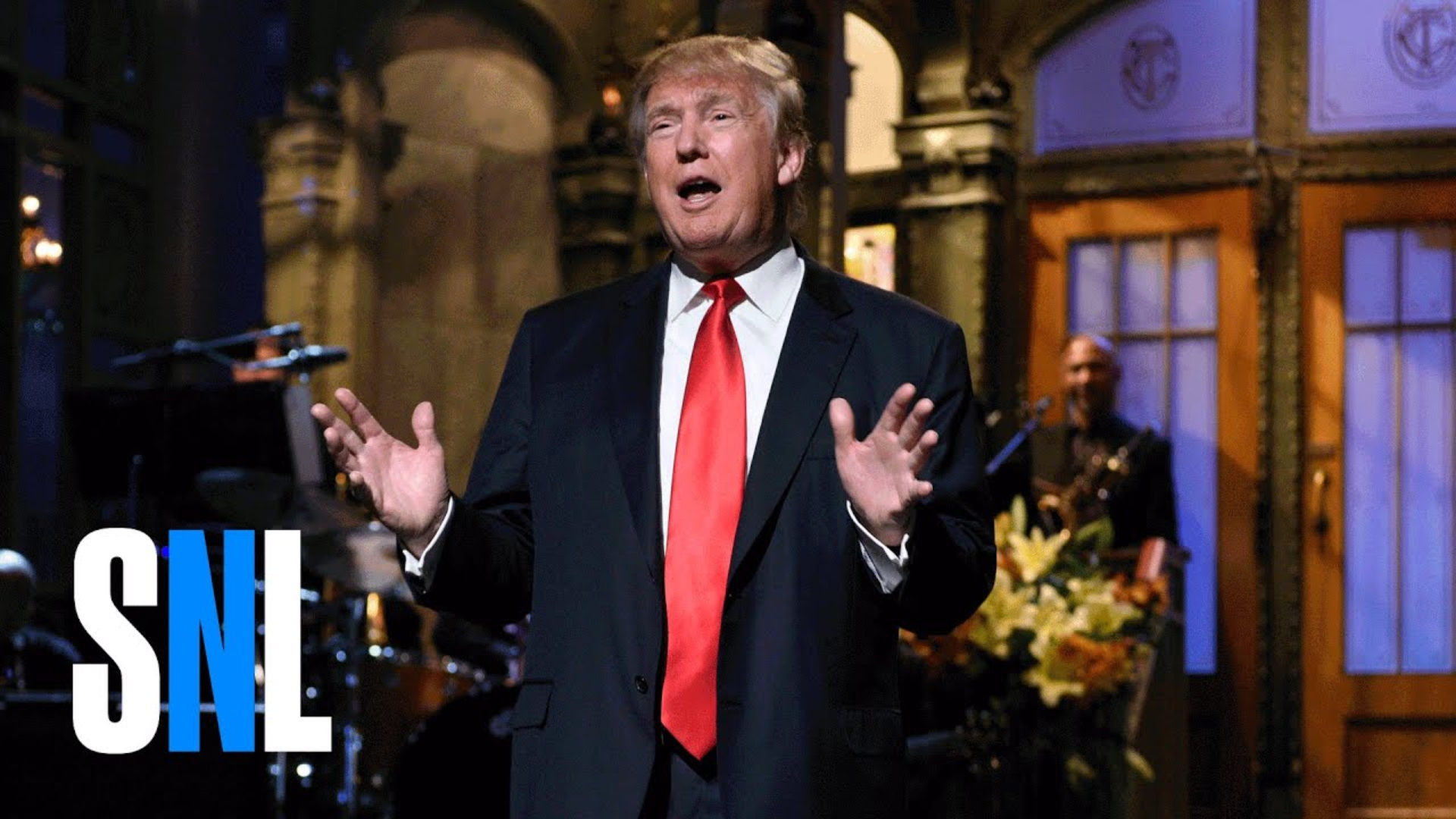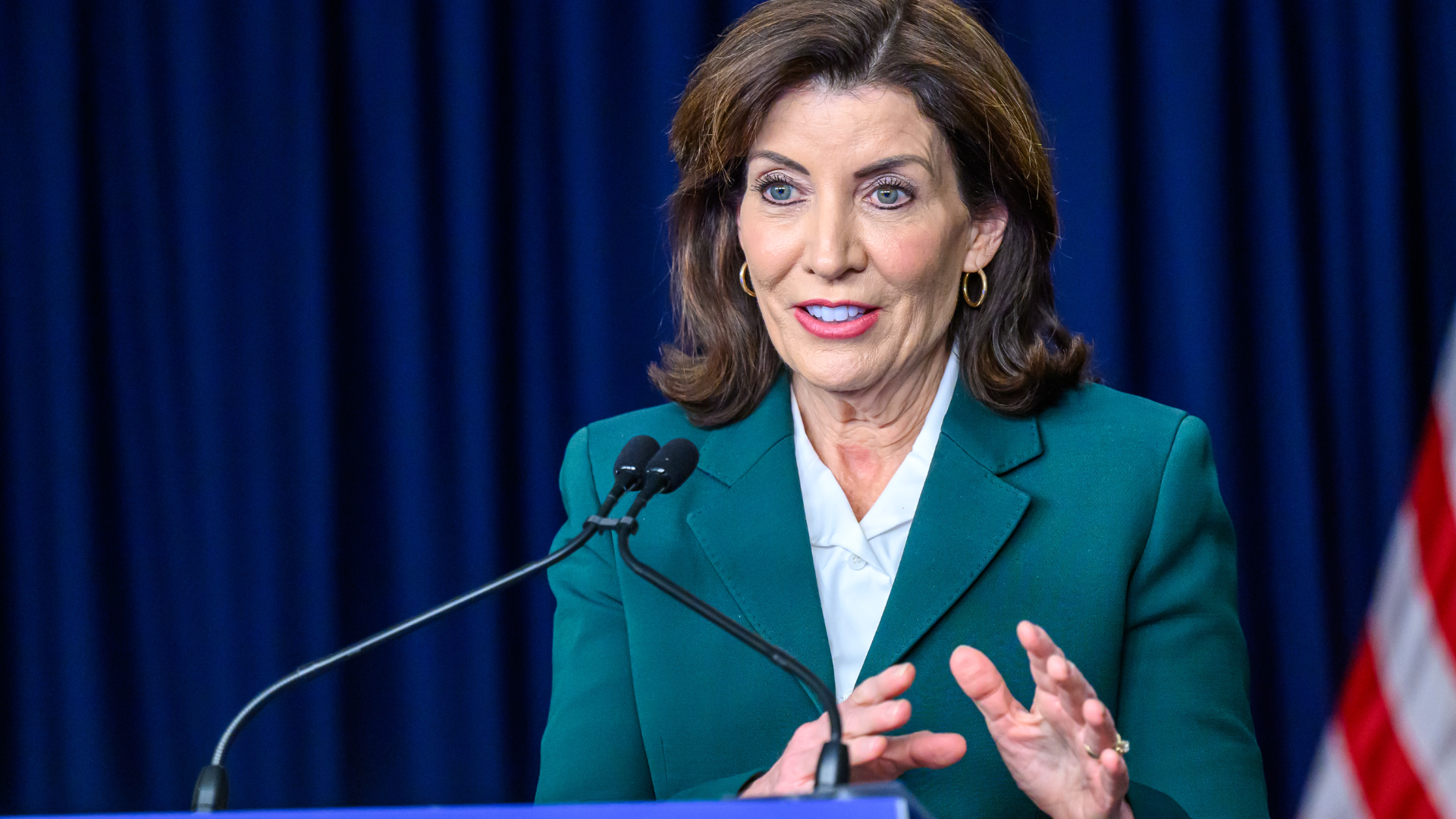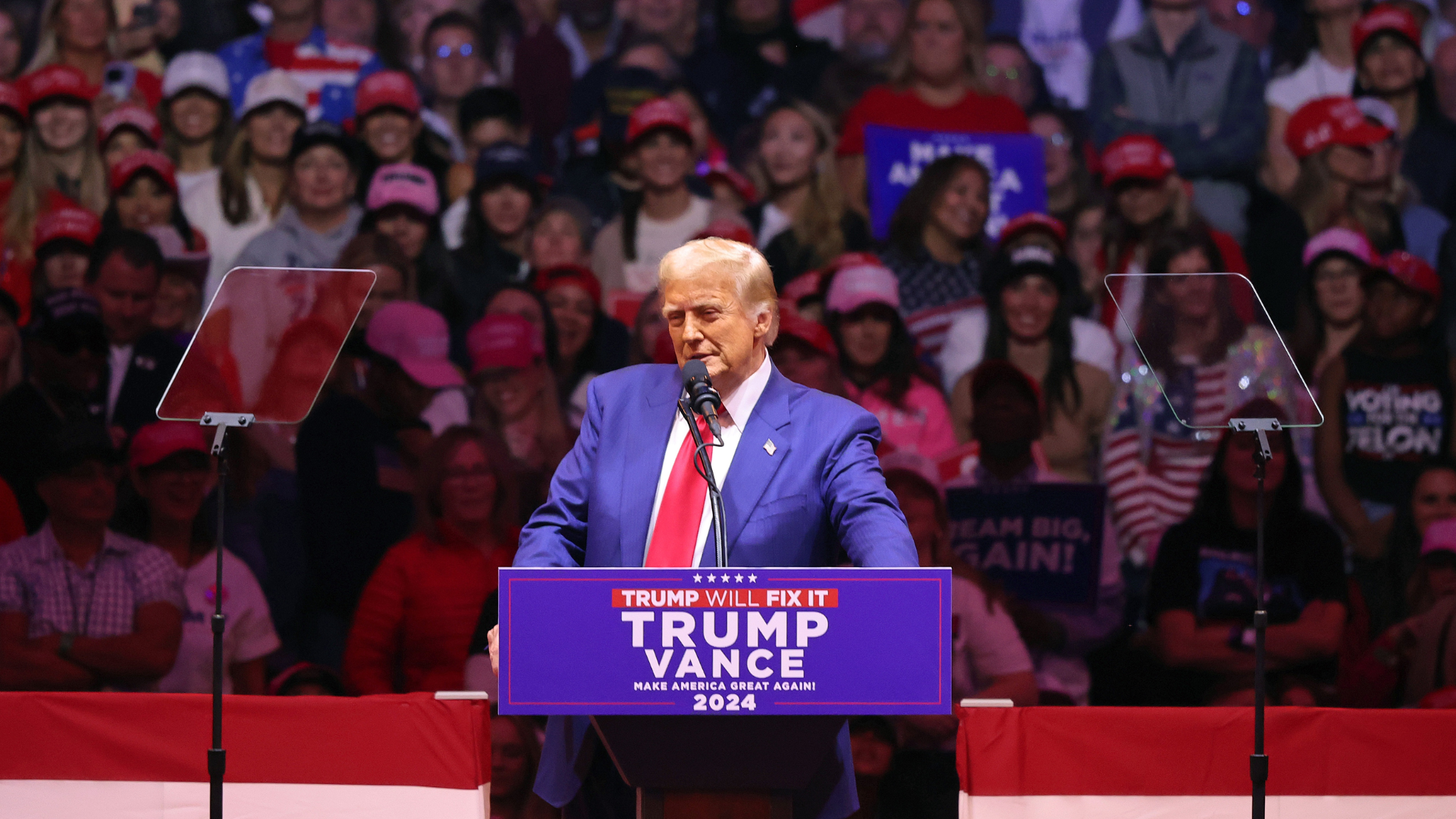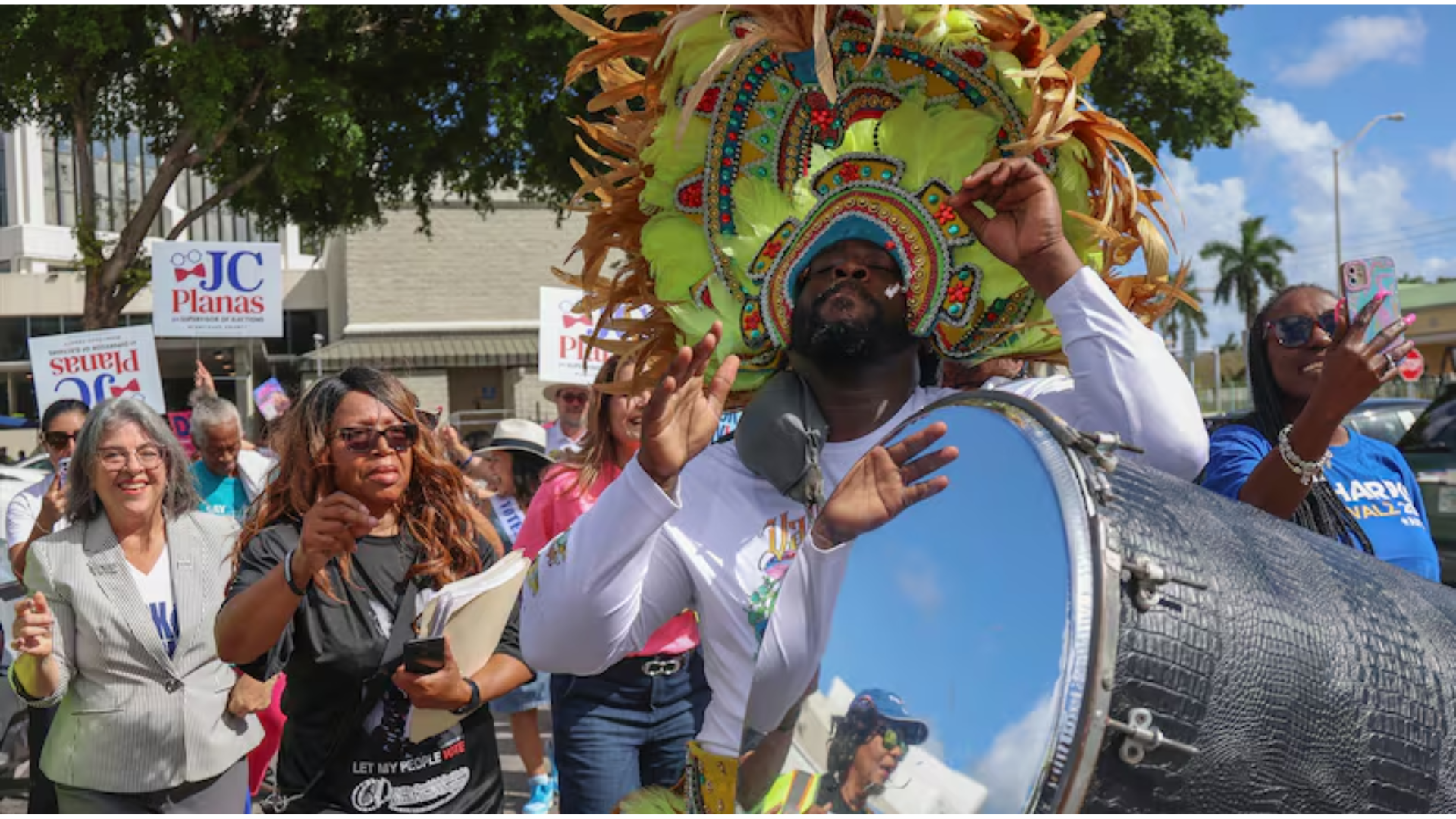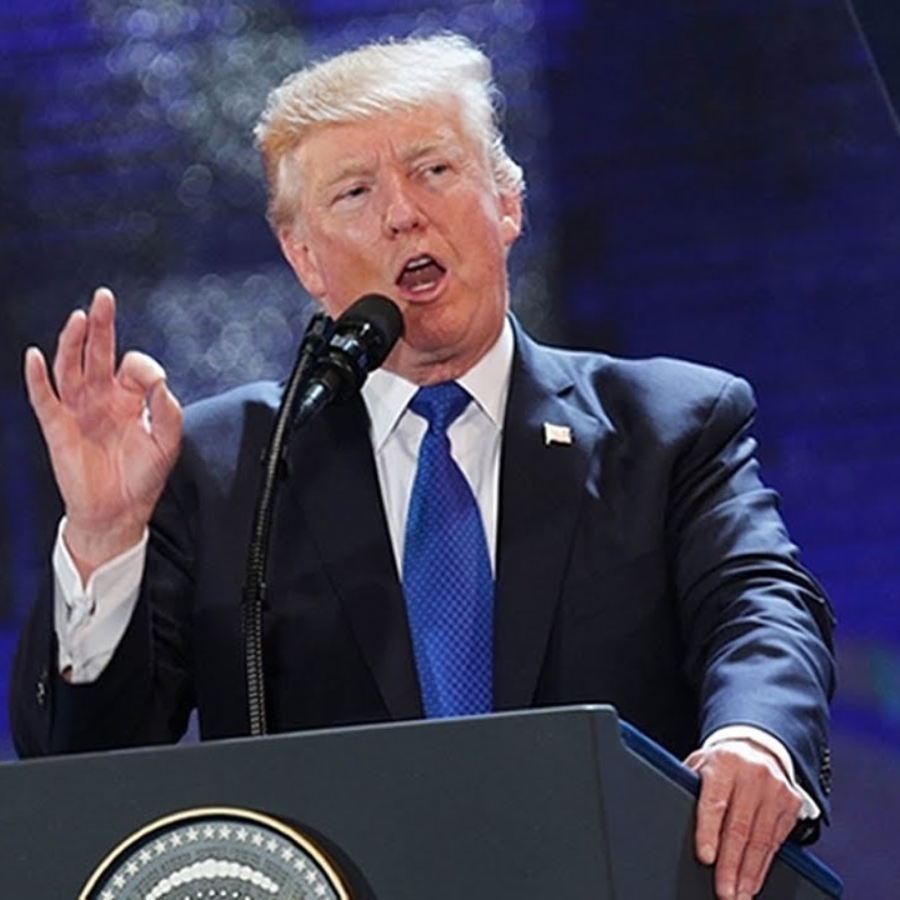
As the 2024 presidential election nears, Donald Trump’s rhetoric has reached new extremes, marked by erratic, autocratic, and vulgar statements. With less than two weeks left before Election Day, his increasingly controversial behavior raises questions about his potential second term as president.
Trump’s recent remarks have not only garnered criticism from Vice President Kamala Harris and other top Democrats but have also renewed concerns about his fitness for office.
Vulgar Rhetoric and Political Tactics
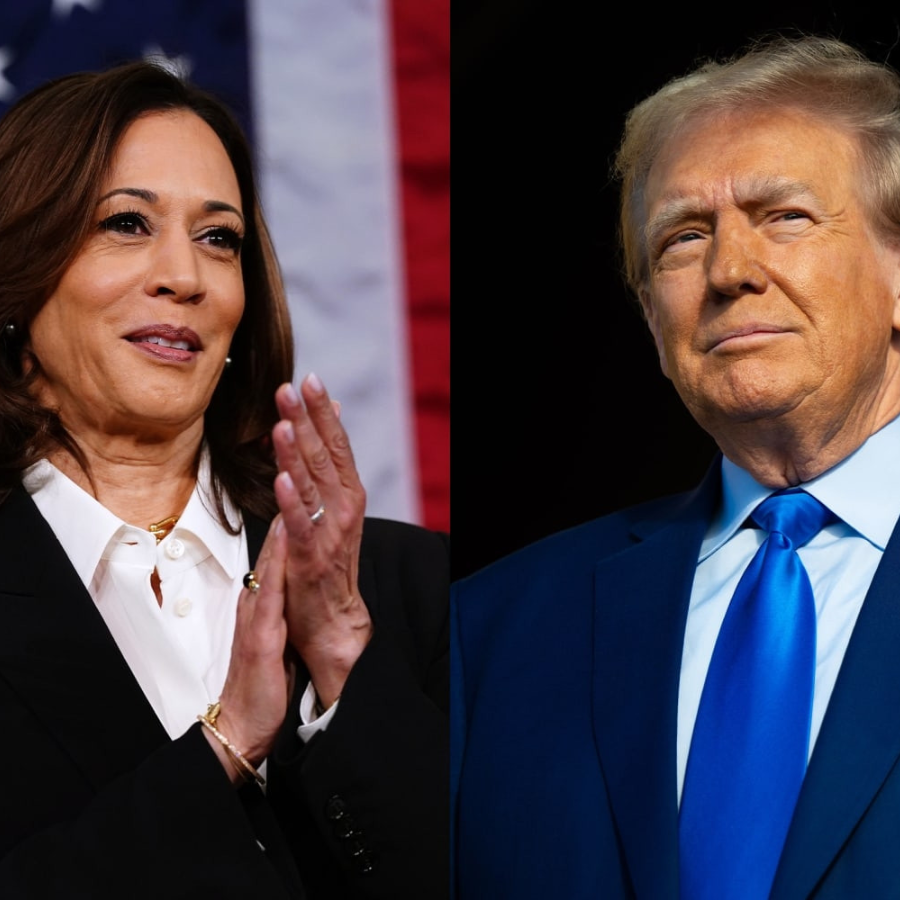
Over the past few weeks, Trump’s speeches have become a focal point for controversy. He referred to Vice President Kamala Harris as a “sh*t” vice president and recounted an explicit story about late golfer Arnold Palmer at a rally, sparking widespread criticism. Democrats, including Harris and former President Barack Obama, have seized upon these comments, labeling Trump as “unstable” and “deranged.”
Harris’s campaign has emphasized that Trump’s behavior demeans the office of the presidency and poses a serious risk to the country if he is re-elected.
Trump’s conduct is also raising questions about his mental and physical fitness for the role of president.
At a recent rally, he downplayed his age, saying he is “not that close to 80,” while at other events, he displayed erratic behavior, such as stopping a town hall to sway along to music for over 30 minutes. Such actions have provided ammunition for Harris’s campaign, which is drawing parallels between Trump’s current behavior and the critiques he once made about President Joe Biden’s cognitive abilities.
Concerns Over Trump’s Authoritarian Tendencies

One of the most alarming aspects of Trump’s recent rhetoric is his suggestion that he could use the U.S. military or National Guard against perceived “enemies from within.” Trump has mentioned Democratic leaders like Nancy Pelosi and Adam Schiff as examples of these “enemies,” drawing on a classic authoritarian trope. These remarks have deepened fears that Trump, if re-elected, would further erode democratic norms and misuse his executive power.
Although House Speaker Mike Johnson attempted to downplay Trump’s comments by suggesting he was referring to “dangerous, violent people,” Trump’s repeated mentions of specific political opponents have raised significant concerns. Trump has already vowed that a second term would be dedicated to “retribution,” and he has threatened to investigate his political adversaries, using the Justice Department as a tool of personal vengeance.
These comments, alongside Trump’s history of inflammatory language, illustrate his strongman instincts and disregard for democratic principles. The former president’s recent suggestion that CBS should be investigated for its editorial decisions also fuels fears about the media landscape under another Trump administration.
The Political Impact
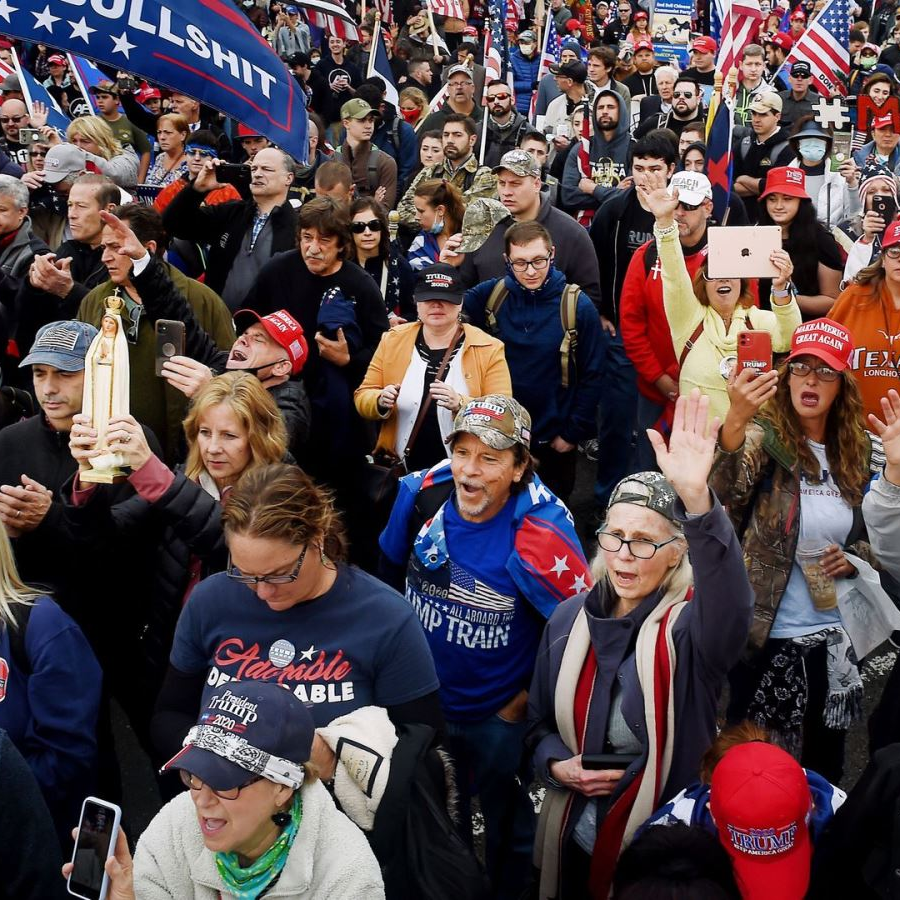
Despite the vulgarity of his remarks and his authoritarian rhetoric, Trump’s core supporters remain steadfast. Many voters who back Trump see him as an outsider who challenges the political establishment, and they are willing to overlook or even embrace his controversial behavior.
This phenomenon was evident in 2016 when Trump’s infamous “Access Hollywood” tape, in which he boasted about inappropriate behavior toward women, did little to hurt his electoral chances.
However, Trump’s recent behavior may prove risky as he tries to broaden his appeal, particularly among female voters and moderates in swing states.
His locker-room talk and off-color remarks may undermine his ability to sway undecided voters, especially those who are concerned about rising prices, immigration, and foreign policy under the Biden administration. Trump’s decision to focus on personal attacks and vulgar stories may also distract from his broader political message that Harris represents a continuation of what he describes as Biden’s failed presidency.
Nonetheless, Trump’s past suggests that such lewdness may not be enough to significantly harm his standing with voters. In a race where polls are tight, the outcome may ultimately depend on other factors, such as economic concerns and immigration, where Trump continues to lead in voter trust.
In conclusion, Trump’s increasingly extreme rhetoric has become a central issue in the 2024 campaign. While his behavior has sparked criticism and concern from Democrats and some voters, it is unlikely to sway his core base.
However, whether his approach will be enough to win over undecided voters and secure a second term remains uncertain.



